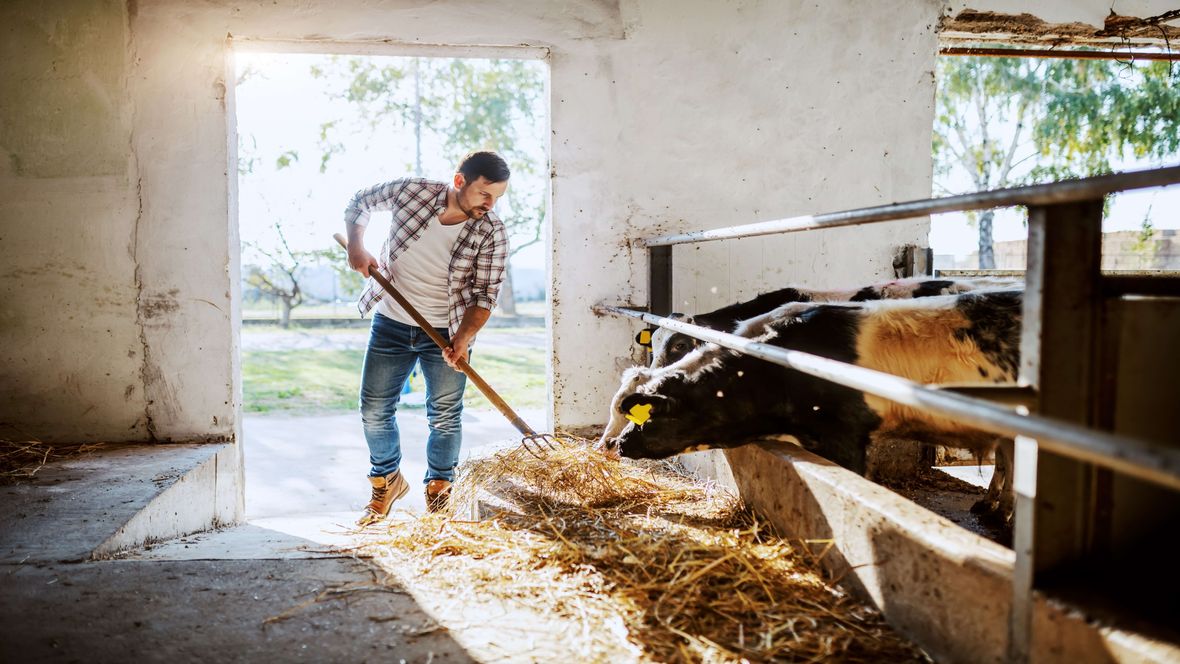How the Dutch Meat Tax could affect the global food and beverage industry

In an effort to reduce emissions and encourage healthier, greener lifestyles across Western Europe, many national governments are now taking up the idea of a levy or tax on meat, with an accompanying subsidy of fruits and vegetables. The goal would be to increase the price of meats like beef, pork, and chicken to better reflect environmental costs, which until now have not been reflected in the prices of these products. These environmental costs include CO2 emissions, as well as biodiversity lost to unsustainable farming practices.
Since Western European countries are some of the biggest consumers of meat in the world, this tax could potentially have a huge impact on exports. Most citizens of Western European countries consume an average of 80-90kg of meat per year, ten times the average of less developed countries like Rwanda and Ethiopia.
This tax and subsidy combination has the potential to have a hugely positive impact on the area as a whole, starting with the first countries that are discussing possible implementation, like in the Netherlands. In this article we’ll discuss the Netherlands’ history with this proposal, and the potential outcomes if it’s introduced as promised in the coming months.
Background on the Meat Tax proposal in the Netherlands
The Dutch Ministry of Agriculture, Nature and Food Quality recently announced plans to introduce this proposal to the Dutch Parliament in a session on April 22, 2021.
Although the Netherlands is one of the first individual EU countries to propose introducing the meat tax at a national level, it first came to international attention when it was discussed as part of a European Parliamentary session on February 5th, 2021.
The proposal was based on a report presented to MEPs by the True Animal Protein Price (TAPP) Collective, an organisation that seeks to introduce “effective policy measures aimed to lower consumption of meat and dairy by introducing fair prices for meat and dairy products, including environmental and other costs.” The coalition is made up of farmers, animal welfare and climate activists, as well as food companies.
Effectively, the TAPP Coalition’s proposal would introduce a higher tax on meat (some have proposed up to a 30% increase), which would be used to offset VAT on fresh produce by as much as 10%. It’s estimated that within the next 10 years, this could result in a fund of €32.2 billion per year spread across the EU Member States, which could be used to assist farmers who want to invest in more sustainable agricultural practices.
How it could affect meat exports in the Netherlands
After the meat tax proposal was created, market research company DVJ Insights was brought in to survey the general population in countries like the Netherlands, Germany, and France. They found that this proposal was broadly popular, and was surprisingly even more popular among members of traditionally centrist-right wing parties like Germany CDU/CSU and the Netherlands' CDA, CU, SGP, and VVD. Overall, estimates put support at a robust 70% of Europeans.
The Dutch Minister of Agriculture, Nature and Food Quality has been pressed to give some insights on how this proposed tax could affect food and beverage businesses, as well as general consumers. She has said that she expects businesses to pass on these higher food costs to consumers at a rate of 75%. As long as businesses pass on these new taxes equally, the market will remain competitive.
In addition, the proposed tax on meat will hopefully lead to lower prices of fresh produce, which should encourage greater consumption of healthy and sustainable fruits, vegetables, and related products. In the end, most families may notice a small increase or even a reduction in their grocery spend, if they’re able to buy less meat, and take advantage of the lower cost of produce to purchase more of these items.
How this tax could affect Dutch competition on the global market
Most members of the Dutch Parliament support this tax proposal because they believe that it will have a net positive effect on their country’s ability to compete in a crowded export market.
By making more money available to invest in sustainable farming initiatives, they can support the next generation of farmers to ensure that they have what they need to succeed in a competitive global market.
However, some meat producers have pushed back against the data set used to determine the proposed tax. “The report does not take into account the protein density of meat,” says a spokesperson for the Liaison Centre for the Meat Processing Industry. “If emissions were calculated on the basis of essential amino acids instead of weight, the production of some crops that are used as a source of ‘alternative’ proteins would become more emissive than beef, pork or chicken.”
Determining the outcome of the proposed Meat Tax
Ultimately, this comment from the Liaison Centre for the Meat Processing Industry shows that there is still a lot to be determined before the Netherlands, any other EU country, or the EU itself puts a higher tax on meat in place. Although net positive effects on public health and healthcare costs, sustainability, and animal welfare can be expected, governments still must commit to consultation with meat producers and agribusinesses to ensure that they’re able to weather this change along with consumers.



